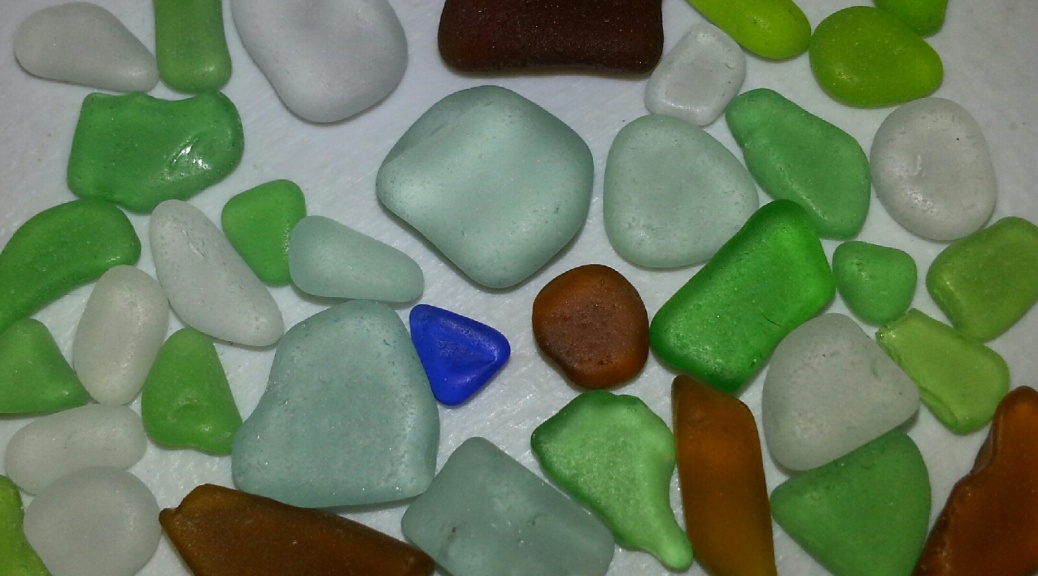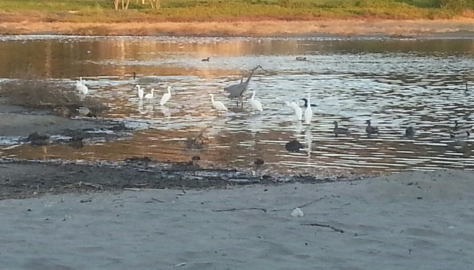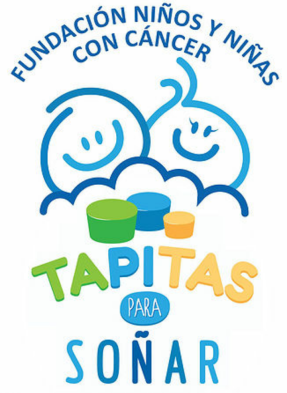It’s that time of year when the magical spirit of Christmas is supposed to make everyone merry, loving and peaceful. When I was young, the lights, the presents and the family traditions worked their magic and made me believe. Now that I’m an adult, it’s different. Christmas can easily become a list of responsibilities and crowds of stressed out people.
Recently, my family was planning ahead for how we would celebrate Christmas this year. When would dinner be? Who would be there? What time was the Christmas Eve service? As we looked at the calendar, we noticed that the holiday falls on a Sunday this year. Our usual service is early in the morning. I stopped myself just before stating, “Oh no! Church on Christmas will ruin the morning!”
I fear that I have become so jaded that I perform the rote trappings of Christmas without experiencing or spreading the Joy that the day celebrates. Having to decorate, provide the family’s presents and plan the menu become the focus of this time originally set aside for remembrance of the sacred event of Christ’s entry into our world.
I’m not the only one who may be struggling to focus on the true meaning of Christmas. This year I know so many hurting people-the couple at church whose beautiful, twenty-three year old daughter is spending this December in a coma because a drunk driver hit her tiny vehicle, the coworker whose husband is battling cancer while she is beside herself trying to coordinate his health care services, many families who trying to provide the basics, much less the extras, to their children after a job layoff, and Ronnie, my student who is homeless this school year. It will take more than lights and decorations and Christmas carols to cheer these people.
Ironically, it is these situations that draw me back to the true meaning of Christmas. These remind me that Christ loved us enough to leave His realm and humbly enter ours as a helpless baby. He spent His life creating a way for people to relate to a once remote God. Now we may appeal directly to God, and the intangible Spirit causes tangible experiences in our lives.
Ronnie, my student who has been homeless this year, will soon be taken off my list of hurting people. Her story exemplifies one of the greatest gifts of Christmas-our invitation to approach the God of the universe with our requests. It gives an example of the intangible Spirit tangibly working.
At the beginning of this school year, the school staff was told that Ronnie’s family had become homeless. The family of six had lived for a while in their car, and now they were in a hotel room. We did whatever little things we could to help her settle into the school year.
By the end of the month, my husband received a phone call from Ronnie’s dad. They know each other from years earlier. This call was a desperate plea for just one hundred dollars. That was all the dad needed to meet his rent at the hotel. However, his resources were depleted, and if he didn’t pay by 1:00 that afternoon, the family would be evicted. My husband made a quick call to me to make sure we had the money and then a trip to the atm. The rent was paid with barely an hour to spare. (A side note: We had the money because I’d been squirreling a bit away and was looking for the right way to give it to this family. One hundred dollars was the exact amount I’d saved up.)
I was happy we had this small amount of money to spare, but I was left with an empathetic feeling of frustration for Ronnie’s family. They had been so close to having the amount they needed, and yet they were so far from being secure. Even with continued gifts from my family and other school staff, coming up short was a cycle that would happen every month as the family’s need was greater than their income. It was a vicious, unsolvable cycle.
I could not shake this feeling of frustration at the impossible situation this family was in. So, I did what I always do when problems seem impossible; I prayed. I found myself praying often for this family. As I did, I found my request becoming specific and focused. I didn’t want them to survive just day to day. I wanted their impossible situation to be resolved. I began to ask specifically that their income would increase and that their expensive housing cost would become lower. I prayed that their income would become larger than their expenses, all the time feeling more frustrated at the seeming impossibility.
For a few months, it seemed my prayers were going unheard. Nothing changed. Then in November, Ronnie reported that her father had gotten a job. I thanked God for answering half of my prayer, but continued to ask for less expensive housing.
The latter request was just answered a few weeks ago when both Ronnie and her father reported that the family had found an apartment that would cost far less than the hotel. They are now moving in, and I am left once again reassured by the power of prayer and the working of God’s Spirit.
It’s true I no longer feel the child-like wonder of the Christmas season. It has been replaced instead by something more lasting and real. And this Spirit is with me year-round.




